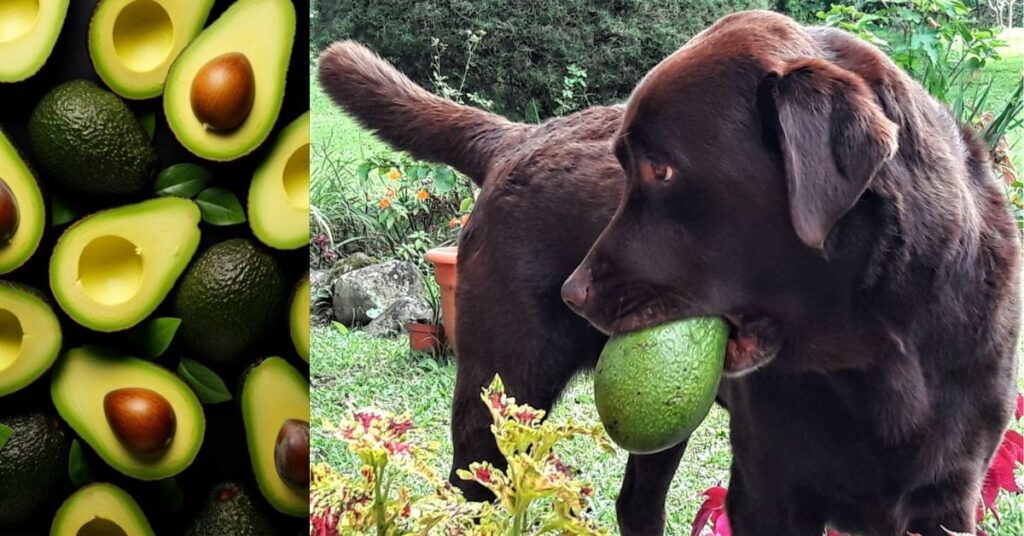Discovering your dog consumed avocado can be alarming. Avocado is toxic to dogs due to persin. Watch for symptoms like vomiting or diarrhea. Immediately contact your vet for guidance. Act swiftly to ensure your furry friend’s safety.
Help, My Dog Ate Avocado Understanding the Myth:
Avocado, often praised for its health benefits, contains a substance called persin, harmful to dogs. Despite the misconception that avocados are safe for dogs, ingestion can lead to gastrointestinal issues. It’s crucial to prevent dogs from consuming avocados to avoid potential harm.
Understanding this myth is essential for responsible pet ownership. While not all parts of the avocado plant contain persin, the fruit, pit, and leaves can be toxic to dogs. Awareness of this risk can help prevent accidental ingestion and promote the well-being of your canine companion.
To protect your dog, keep avocados out of reach and seek veterinary care if ingestion occurs. Prompt action can mitigate complications and ensure your pet’s safety. Stay informed and prioritize your dog’s health to prevent avocado-related incidents.
The Bark vs. the Fruit:
| Aspect | Bark | Fruit |
| Composition | Often woody and fibrous | Soft, fleshy, and juicy |
| Nutritional | Limited nutritional value | Rich in vitamins and minerals |
| Safety | Generally safe if not toxic | Can be toxic to dogs if ingested |
| Chewing habits | Dogs may chew on bark | Dogs may enjoy certain fruits |
| Digestibility | May cause gastrointestinal issues if ingested in large quantities | Can cause digestive upset or obstruction if not dog-friendly |
| Texture | Hard and rough | Soft and smooth |
| Taste | Lacks flavor, unappetizing for most dogs | Can be sweet or tart, appealing to dogs |
| Aroma | Typically odorless | Can have a strong, enticing aroma |
| Allergenicity | Rarely allergenic | Some fruits may trigger allergies in dogs |
Recommended Post: Why Is My Cat Peeing Outside The Liter Box?
Dispelling the Myth:
Avocado’s reputation as a healthy superfood often leads to the misconception that it’s equally beneficial for dogs. However, this is far from the truth. Avocado contains a substance called persin, which can be toxic to dogs if ingested in significant amounts.
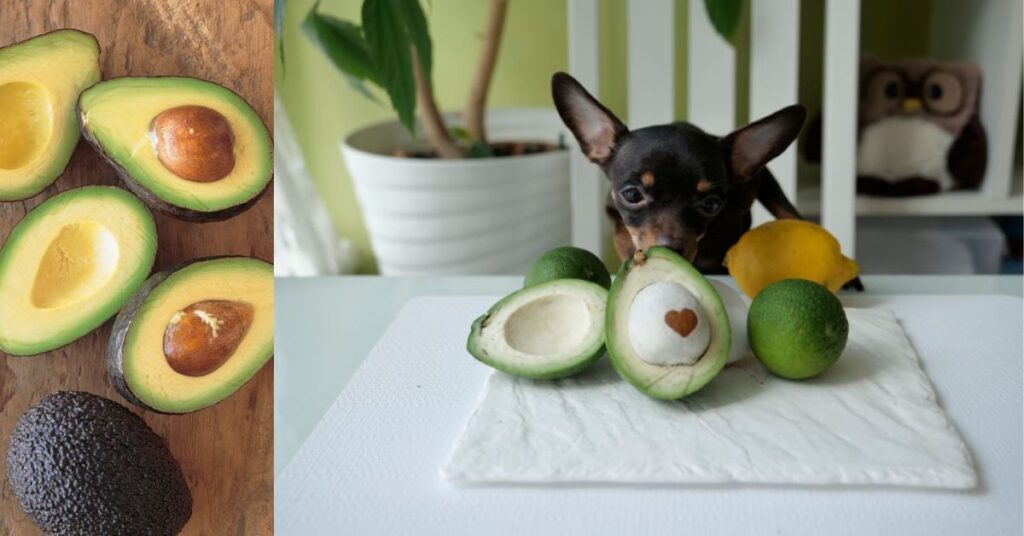
Therefore, it’s crucial for pet owners to understand the potential risks associated with feeding avocados to their canine companions. Despite its nutritional value for humans, avocado poses various dangers to dogs.
From gastrointestinal upset to more severe symptoms such as respiratory distress and heart failure, the consequences of avocado ingestion can be dire. Therefore, it’s essential to debunk the myth that avocados are safe for dogs and instead prioritize their safety by avoiding feeding them this fruit altogether.
Educating ourselves and others about the dangers of feeding avocados to dogs, we can prevent unnecessary harm to our furry friends. Responsible pet ownership involves being aware of what foods are safe and suitable for dogs, and avocado is definitely not one of them. Let’s dispel this myth and ensure the well-being of our canine companions.
Persin Levels in Avocado Flesh:
Avocado flesh contains varying levels of persin, a fungicidal toxin primarily found in the fruit’s seeds and leaves. While the concentration of persin in the flesh is lower compared to other parts of the avocado plant, it can still pose a risk to dogs if ingested in large quantities.
Therefore, pet owners should exercise caution and avoid feeding avocado flesh to their canine companions. Symptoms of persin poisoning in dogs may include vomiting, diarrhea, and difficulty breathing.
Nutritional Benefits for Dogs:
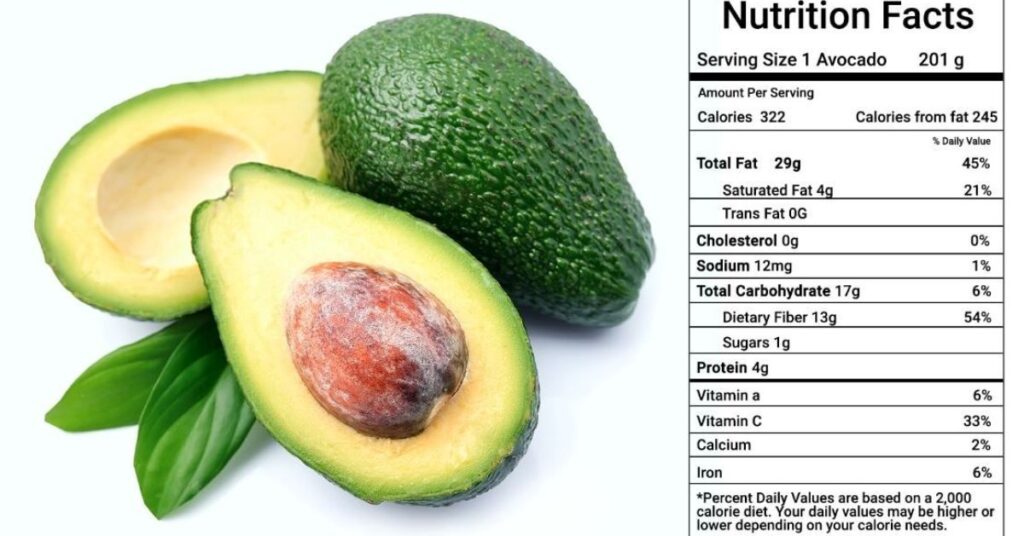
- Dogs require a balanced diet comprising proteins, carbohydrates, fats, vitamins, and minerals.
- High-quality protein sources like chicken, turkey, and fish support muscle growth and repair.
- Carbohydrates from sources like brown rice and sweet potatoes provide energy and fiber for digestive health.
- Healthy fats from sources like fish oil and coconut oil support skin and coat health.
- Including fruits such as apples and berries provides essential vitamins and antioxidants to boost immune function.
- Vegetables like spinach and carrots offer additional vitamins, minerals, and fiber for overall well-being.
Moderation is Key:
Maintaining a balanced lifestyle is crucial for overall well-being. Enjoying a variety of foods in moderation ensures a diverse intake of nutrients. Incorporating regular physical activity promotes optimal health and longevity. Striking a balance between indulgence and discipline fosters sustainable habits for a healthier life.
Potential Health Benefits:
Avocado, often praised for its nutritional value in human diets, sparks curiosity about its potential benefits for dogs. While some research suggests that small amounts of avocado flesh may offer advantages such as healthy fats for skin and coat health, caution is warranted.
The presence of persin, a toxin found in avocados, raises concerns about its safety for canine consumption .Despite the potential benefits, it’s essential for dog owners to approach avocado consumption with caution.
Persin toxicity, primarily found in the avocado pit, skin, and leaves, can lead to symptoms like vomiting and diarrhea in dogs. The high-fat content in avocados poses a risk of digestive issues and pancreatitis, further highlighting the importance of moderation.
Educating Pet Owners:
Pet owners play a crucial role in ensuring the health and well-being of their furry companions. Providing accurate and up-to-date information about pet care is essential for responsible ownership. By educating pet owners about common health concerns and preventive measures, they can make informed decisions to promote the overall health of their pets.
Regular veterinary check-ups are vital for monitoring the health status of pets and detecting any potential issues early on. Pet owners should schedule routine visits to the veterinarian for vaccinations, preventive care, and wellness exams.
These visits also provide an opportunity for pet owners to discuss any concerns or questions they may have about their pet’s health and behavior. Proper nutrition is another key aspect of pet care that pet owners should be educated about.
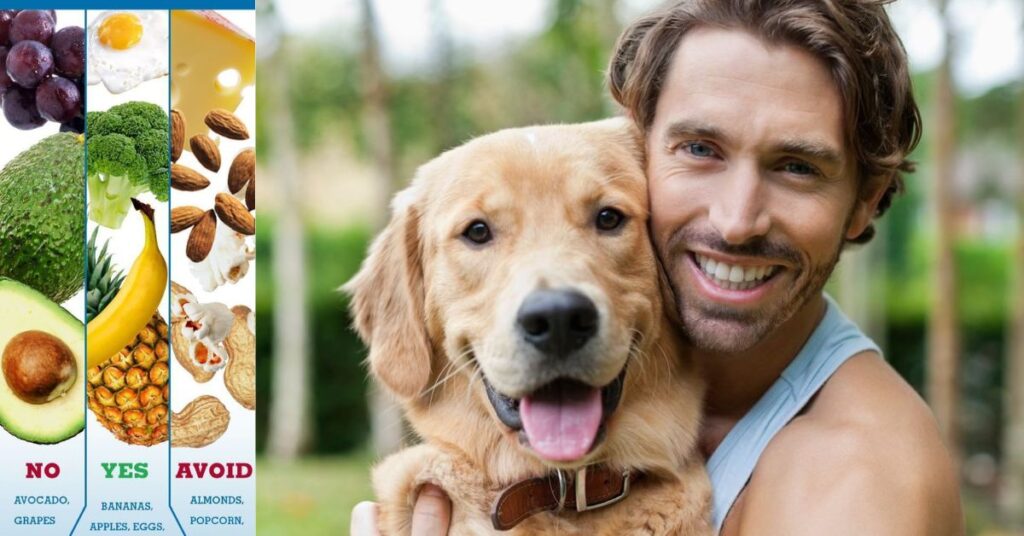
Understanding the nutritional needs of different species and breeds is essential for providing a balanced diet that meets their dietary requirements. Pet owners should be encouraged to feed their pets high-quality, species-appropriate food and avoid feeding them harmful or toxic substances.
Regular exercise and mental stimulation are essential for keeping pets physically and mentally healthy. Pet owners should be educated about the importance of providing opportunities for their pets to engage in physical activity and mental enrichment activities.
This can include daily walks, interactive play sessions, and puzzle toys that stimulate their cognitive abilities. Finally, pet owners should be informed about the importance of preventive measures such as parasite control and dental care.
Will a small piece of avocado hurt my dog?
While avocado is not inherently toxic to dogs, it contains persin, which can cause gastrointestinal upset. If your dog ingests a small amount of avocado, monitor for symptoms like vomiting or diarrhea. Contact your veterinarian if you notice any signs of distress for guidance on appropriate care.
How much avocado will kill a dog per day?
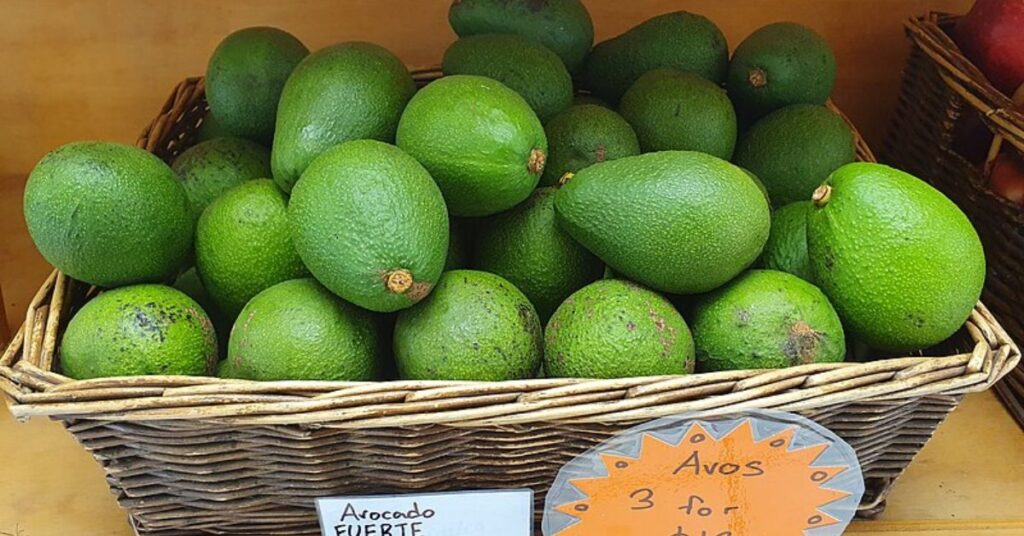
Determining how much avocado will kill a dog per day depends on various factors. Avocado contains persin, which can be toxic to dogs in large quantities. While there’s no precise amount that guarantees fatality, it’s best to avoid feeding avocados to dogs altogether.
Even small amounts can lead to gastrointestinal upset or other adverse reactions. Consulting with a veterinarian is crucial if your dog ingests avocado or shows any concerning symptoms.Top of Form
Can dogs eat avocado skin?
While dogs can technically consume avocado flesh in small amounts, it’s best to avoid feeding them avocado skin. Avocado skin contains persin, a toxin that can be harmful to dogs if ingested.
Even though the flesh of the avocado is less harmful, it’s safest to refrain from giving any part of the avocado, including the skin, to your canine companion. If your dog happens to ingest avocado skin, monitor them closely for any signs of discomfort or illness. Symptoms of persin poisoning may include vomiting, diarrhea, and difficulty breathing.
If you notice any of these symptoms or any other unusual behavior in your dog, contact your veterinarian for guidance on appropriate care. Prioritizing your dog’s safety and well-being is crucial when it comes to their diet and nutrition.
What to do if my dog ate avocado skin?
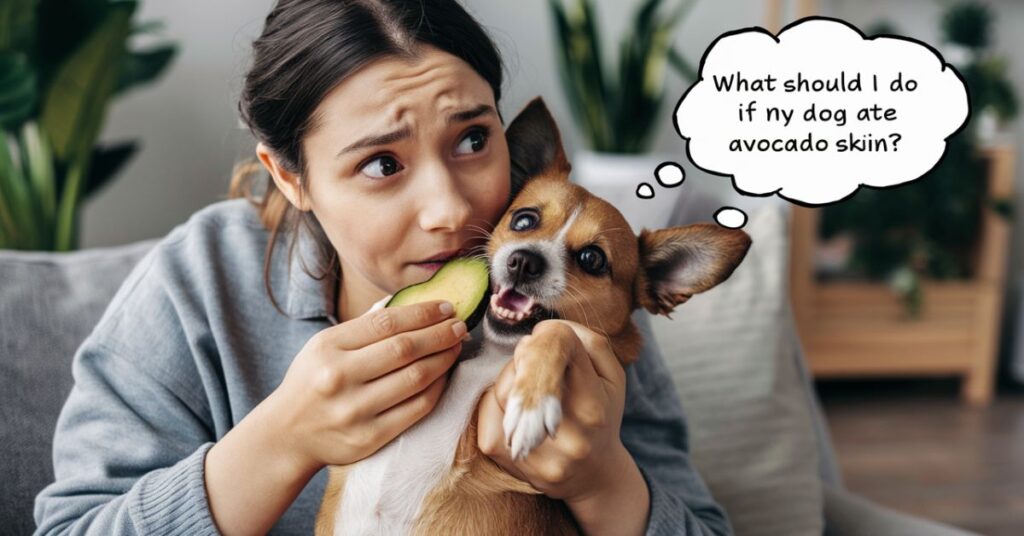
If your dog ate avocado skin, monitor them closely for any signs of discomfort or illness. Symptoms of persin poisoning may include vomiting, diarrhea, and difficulty breathing. Contact your veterinarian for guidance on appropriate care if you notice any unusual behavior or symptoms in your dog. Prioritize your dog’s safety and well-being by taking prompt action.
Can dogs eat avocado oil?
Avocado oil is generally considered safe for dogs in small amounts. It’s rich in healthy fats and may offer some benefits for skin and coat health. However, it’s essential to introduce any new food or supplement gradually and monitor your dog for any adverse reactions.
If you have concerns or notice any unusual symptoms after giving avocado oil to your dog, consult with your veterinarian for guidance. As with any dietary addition, moderation is key to ensuring your dog’s well-being.
Conclusion
The avocados are not as harmful to dogs as once believed. The misconception about their toxicity largely arises from misunderstanding which parts of the fruit can be harmful. The creamy, green flesh of avocados is safe for dogs in moderation.
By debunking this myth, we aim to promote avocados as a healthy addition to a dog’s diet, while reminding pet owners to be cautious of the parts that can pose risks. As with any aspect of pet care, knowledge is crucial for fostering a happy and healthy relationship between pets and their owners.

